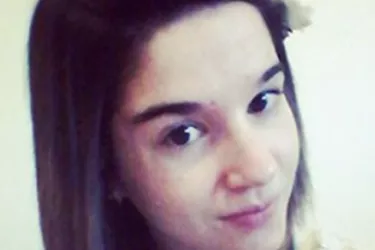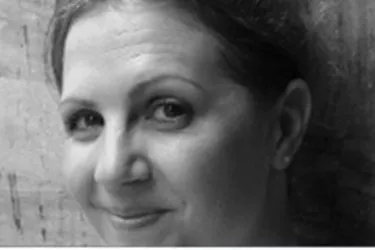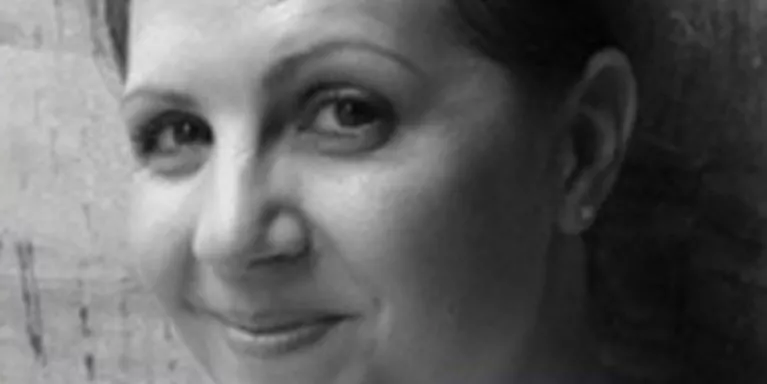Mum being sectioned shaped my career
Zaynah blogs about how the taboo surrounding her mother’s mental health inspired her to become a therapist.
I was 13 years old when my mum was first sectioned under the Mental Health Act. Back then, I didn’t know much about what was happening or why it was happening. The notion of mental illnesses meant little to me.
After all, speaking about mental health was a novel concept within my family. I recall Mum’s psychotic episode and I vividly remember her shouting, ‘Get away from me, you’re plotting against me’. At the time those words sunk deep – the one person who’s supposed to love and care for me was giving me everything but.
“I could see and feel the fear in her eyes. Whatever she was going through was real.”
Despite this, I could see and feel the fear in her eyes. Whatever she was going through was real. There were no physical symptoms, but she was suffering. All I wanted to do was make it all better and take care of her the same way she had cared for me. I felt helpless.
Weeks went by and Mum was finally discharged. During her hospitalisation, we hadn’t been allowed to visit the ward because of how young we were. I felt a sense of relief that Mum was finally home, but equally I was battling these feelings of dread. I was frightened. I didn’t want to be left alone with her.
Overcoming the stigma
I suppose that was the first time in my life that I reflected on what mental health was and the stigma that unfortunately plagues not only my family but my wider community. Family members were secretive about Mum being sectioned, and even that she had been struggling.
At first, I did feel a little embarrassed. I just wanted to be like every other kid –I wanted a ‘normal’ mum. But Mum’s struggles almost acted like a catalyst for me to research mental health and then later pursue a career in this field.
I began to understand what mental health might look like, why struggles occur and the importance of taking good care of our emotional wellbeing. The statistic that stuck with me was that 'one in four people struggle with mental health problems in any given year’. It helped me appreciate that mental health issues can affect anyone and that neither my mum nor I were alone.
Whilst I now had a newfound understanding of mental health, speaking about this topic within my family was still taboo. I didn’t just want to understand mental health, I wanted to help others like Mum and give back.
“I am proud to say having those same conversations around mental health is no longer a topic my family actively avoids.”
Having conversations with Mum around mental health can still be difficult because she also suffers with a complex physical health condition that sometimes impairs her cognition, but I am proud to say having those same conversations around mental health is no longer a topic my family actively avoids.
My mum may never be able to fully comprehend how much she taught me and how she helped me grow. Through her I recognise mental health is equally as important as physical health. Well if you cut yourself you would instantly attend to that by placing a plaster over the cut, so why should mental health struggles be any different?
So proud of Mum
Mum ignited my passion for mental health, and it was only through her that I pursued a career in mental health. She is the reason I am in a position to help others in a professional capacity. I am incredibly proud of her. She is so much more than her struggles; she is an inspirational being I have the pleasure of calling Mum.
As I sit here writing this as a 23-year-old psychological wellbeing practitioner (PWP), I realise how much the time my Mum was sectioned influenced me. I want to continue helping others like Mum. I want people to know that they’re not alone and that struggling isn’t a weakness or embarrassing.
As a therapist from a Muslim background, I can see stigma is still an issue that runs deep within many communities like mine and that breaking the stigma does start with us. If my experiences taught me anything, it would be realising the importance of talking (which FYI I do a lot of!) and having those open conversations.
If you’re still reading this, please think of one person who is important to you and check in on them. Ask them how they are. It all starts with a simple conversation you have the power to start.
Related Topics

Information and support
When you’re living with a mental health problem, or supporting someone who is, having access to the right information - about a condition, treatment options, or practical issues - is vital. Visit our information pages to find out more.
Share your story with others
Blogs and stories can show that people with mental health problems are cared about, understood and listened to. We can use it to challenge the status quo and change attitudes.

















